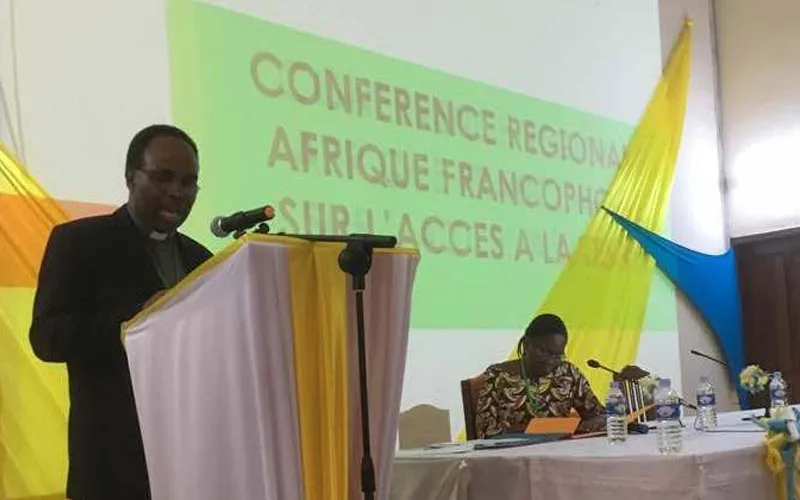Nairobi, 26 October, 2021 / 10:20 pm (ACI Africa).
Representatives of various Faith-Based Organizations (FBOs) and Civil Societies Organizations (CSOs) in Africa have, in a joint statement, decried the “capture of African land and natural resources” by what they have called “private actors” and condemned the “impunity” enjoyed by those involved.
Some of the FBOs and CSOs include the Symposium of Episcopal Conferences of Africa and Madagascar (SECAM), Africa Europe Faith and Justice Network (AEFJN), the Alliance for Food Sovereignty in Africa (AFSA), the Rural Women Assembly (RWA), and the Pan-African Institute for Citizenship, Consumers and Development (CICODEV), among others.
In the Friday, October 22 collective statement ahead of the planned Summit of the African Union (AU) and the European Union (EU) leaders, the representatives of the FBOs and CSOs under “Our Land is Our Life” platform say the large-scale grabbing of land is causing “damage” to various sectors on the African continent.
“The impunity of corporate and elite capture of African land and natural resources and the damage this is doing to Africa’s food systems, to our environment, our soils, lands and water, our biodiversity, our nutrition and health, is a major concern,” the representatives of FBOs and CSOs in Africa say in their statement shared with ACI Africa.
They add, “Large-scale land acquisitions by private actors are encouraged and financially supported by governments and their public development banks. A complex web of financers, including private equity funds and European Development Finance Institutions, finance the land acquisition projects.”








